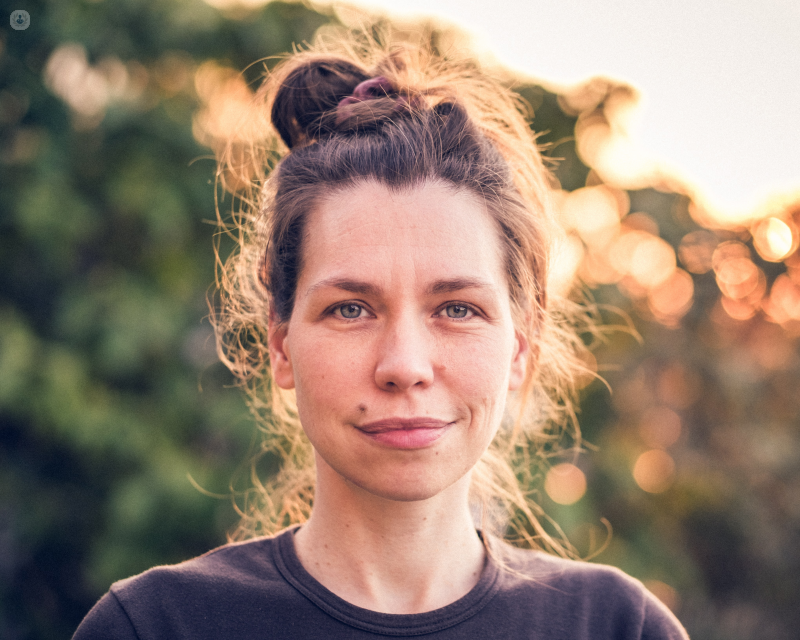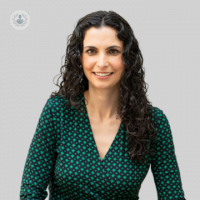Skin cancer: detection using dermoscopy
Written by:Skin cancer is one of the most common cancers in the UK and the incidence rates are increasing rapidly. Fortunately, dermoscopy and mole mapping can help to diagnose it early, which makes it easier to cure. Dr Cristina Rodriguez-Garcia is a leading dermatologist based in London who monitors changes in people's skin to track and treat cases of skin cancer. She explained to us recently how dermoscopy works, what mole mapping is and how it helps in treating and diagnosing skin cancer.

What is dermoscopy?
Dermoscopy is a non-invasive, in-vivo technique that is mainly used to examine skin lesions. A hand-held instrument called a dermatoscope, consisting of a magnifying optics and a light source, enables the sub-surface skin structures to be seen clearly. Usually, these would not be visible to the naked eye. Dermoscopy allows for early skin cancer to be seen and also decreases the frequency of biopsy for benign lesions.
What is mole mapping?
Mole mapping helps to detect skin cancer as early as possible. It also reduces the unnecessary removal of harmless moles. I would take pictures of the whole skin surface combining the use of total-body photography and digital dermoscopy. The images would be saved into a database as a baseline for future surveillance. Patients receive a thorough dermoscopy examination of every mole and digital dermoscopic images are taken of some moles.
Patients are scheduled for follow-up examinations in three, six or 12 months to compare the current moles with that of the stored images. At each follow-up visit, I would check if there are new moles, compare sequential dermoscopic images and examine the lesions for any potential changes in their appearance.
If there are substantial changes, it can indicate skin cancer and excision is usually recommended. Some early skin cancers can be recognised simply by observing their dynamic evolution over time.
For more information about tracking skin lesions, you may like to book an appointment with an experienced dermatologist such as Dr Cristina Rodriguez-Garcia . Visit her profile today for more information.


